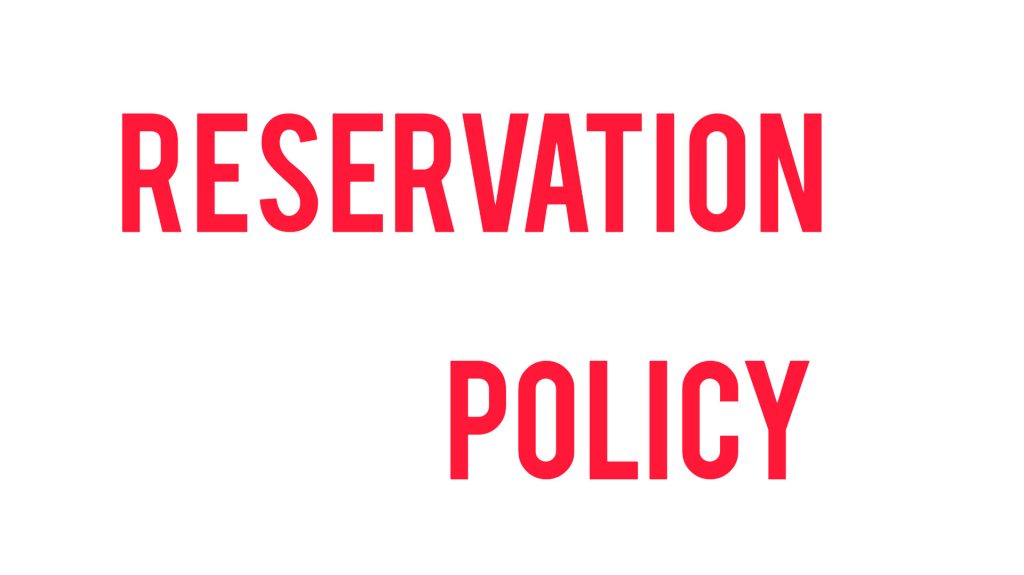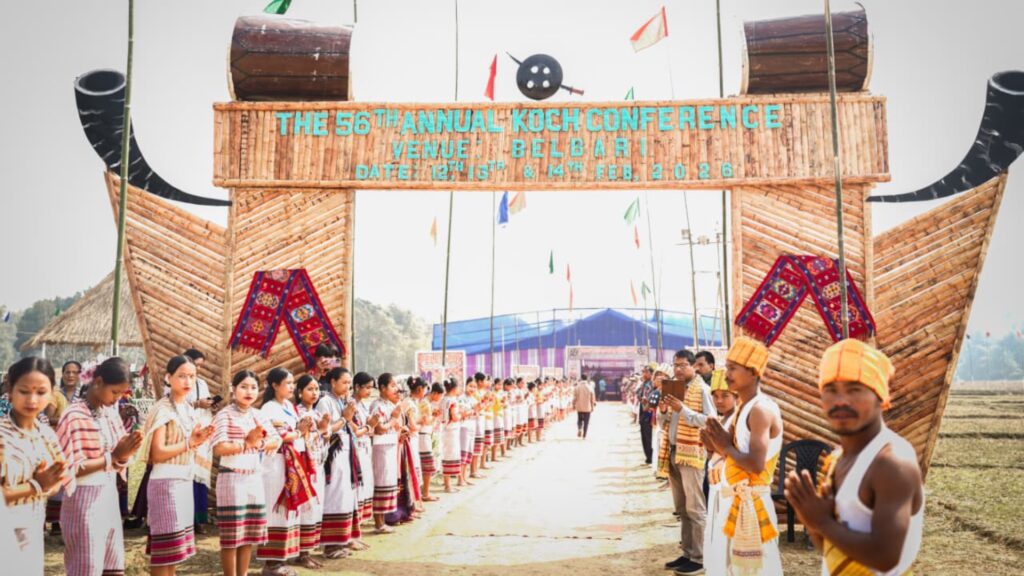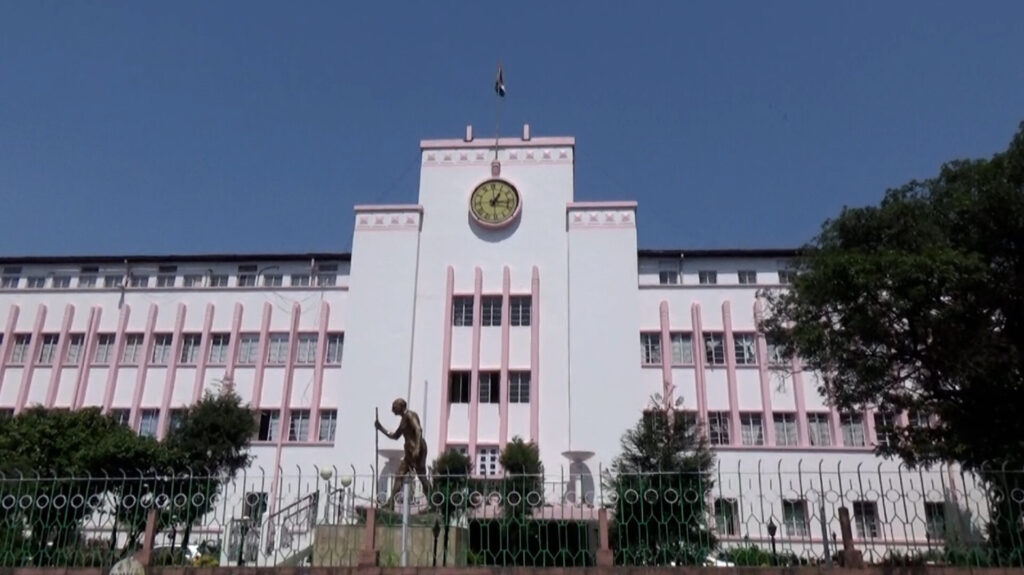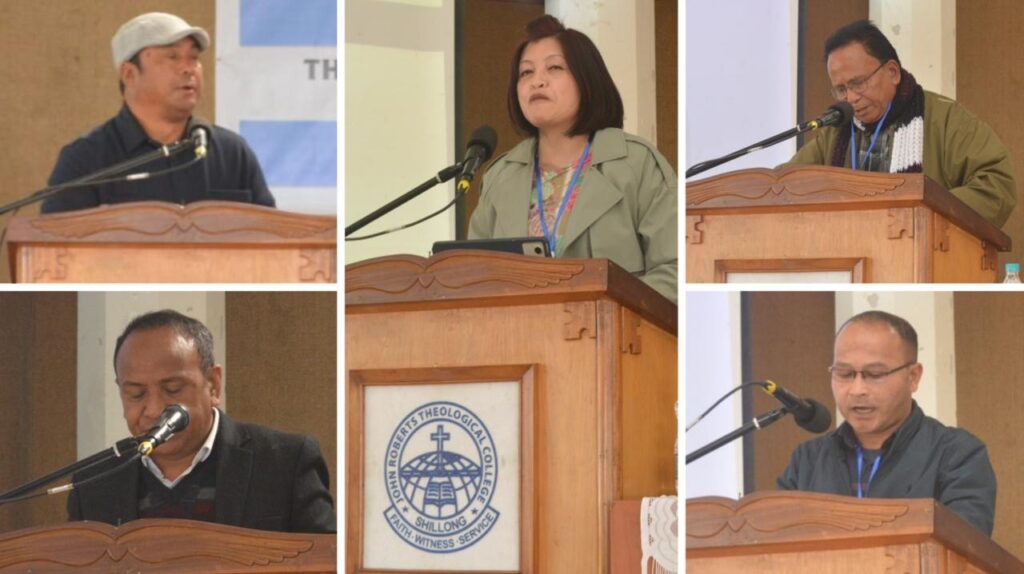Kynpham Sing Nongkynrih
The present policy determining the sharing of jobs between the Garos and the Hynñiew Trep people has been in place since after the formation of the state way back in 1972. The policy sets aside 40 per cent of the government jobs available in the state to Garos, 40 per cent to Hynñiew Treps and 20 per cent to others. A casual once-over of this allocation, 40 for Garos and 40 for Hynñiew Treps, would seem to suggest that what we have here is a perfect set-up. And yet, why has this policy been the subject of such raging controversy?
The reason for it all lies in the fact that the Hynñiew Treps have a population of about 14 43 596 (fourteen lakh forty-three thousand five hundred ninety-six), almost six lakh more than the Garos, who have a population of only about 8 62 473 (eight lakh sixty-two thousand four hundred seventy-three). Besides this, we must also remember that the Hynñiew Trep people are made up of several sub-tribes, including the Khynriams and Wars in the East Khasi Hills; the Pnars in Jaiñtia Hills; the Bhois in Ri Bhoi District; and the Marams, Lyngngams and Nongtrais/Muliangs in the West Khasi Hills. This clearly shows that the present quota is anything but equitable as it dips far too much towards the scale of the Garos, giving justifiable ground to the Hynñiew Treps not only to grouse but also to agitate for its immediate revision.
Besides being unjust, the current policy on job reservation is also quite dangerous for various reasons.
In the past few years, the appointment of those candidates who had passed the Meghalaya Civil Services was completely thrown out of gear because a social activist from the Garo Hills had taken the government to court for not appointing Garo candidates who had been placed last on the list, in the first batch. His justification was that the quota had not been observed while making the appointment.
The danger is also in the possible demand of the other sub-tribes of the Hynñiew Treps for their own shares. This, without doubt, will only lead to a further unfortunate division among the people of the state.
What is more surprising, however, is how all those celebrated leaders of the Hill State Movement could have been so deluded. Today one cannot but wonder what had made them so blind to this strange arrangement, where the many have been given few, and the few have been given many. The argument that the people of Garo Hills are less advanced than the people of the Khasi and Jaiñtia Hills and therefore deserve a bigger slice of the cake can hold no water since before the eyes of the country and the whole world, both the people are considered Scheduled Tribes, the import of which we all know.
Since 1972, more than 51 years have flown by, and several elections have come and gone, but no one had even given a moment’s thought to this 40-up, 40-down set-up. Not only were these leaders blind to the problem, but they were also unduly enthusiastic about implementing it in areas other than employment. For instance, this white elephant was also made the determining factor in allotting sponsored seats to students pursuing technical studies outside the state, even though the policy had nowhere and in no way empowered these leaders to do so.
Not until the Khasi Students’ Union and various social organisations had agitated for its amendment did the leaders of these major political parties wake up to the grim reality and eventually promised in their 1998 manifestos that they would look into the matter again. But merely taking another look into the matter is not enough. It is now the right time to amend the policy and immediately stop the notorious roster system from being implemented retrospectively. The present government should accord it the highest priority and not let its various spokespersons try to scare the Hynñiew Trep people with imaginary bogeymen as if they were children.
One NPP spokesman, for instance, maintained that political parties and groups should not even speak about the state’s job reservation policy, for it may lead to communal bloodshed. But why should a demand by the Hynñiew Trep people for their rights lead to bloodshed? They are not interested in creating unrest or communal violence. They only want their fair share of employment opportunities in the state. If any other community resorts to violence because of the Hynñiew Trep people’s very just demand, it is up to the government to teach them a lesson in peaceful coexistence. It is absurd to expect an entire community to suffer such gross injustice in perpetuity only because the government fears displeasing some other community.
On the other hand, not addressing this iniquitous 40-40 quota may be the most explosive thing to happen to the state. Young people, the hardest hit by this intentional discrimination, will be frustrated beyond endurance. And this may force them to seek redress in the remedy of the gun. Certainly, no right-thinking people should encourage such a situation.
The other NPP spokesman, an education minister no less, tried to frighten the Hynñiew Trep people with a Supreme Court ruling, stating that the VPP should not ‘play with fire’ lest the court imposes the 50 per cent limit it had set on all reservations while passing judgement in the 1992 case relating to Indra Sawhney versus the Union of India.
But as a minister, he is not supposed to open his mouth before his brain has learned all the facts. For his information, in para 810 of the same judgement, the Supreme Court had also provided an exemption under certain extraordinary situations. The relevant para states, “While 50% shall be the rule, it is necessary not to put out of consideration certain extraordinary situations inherent in the great diversity of this country and the people. It might happen that in far-flung and remote areas, on account of their being out of the mainstream of national life and in view of conditions peculiar to and characteristical to them, need to be treated in a different way, some relaxation in this strict rule may become imperative. In doing so, extreme caution is to be exercised and a special case made out.”
It may be pertinent to point out that the education minister seems so unreasoningly fanatical about perpetuating this unfair and immoral system, despite it being fatal to the dreams and aspirations of the Hynñiew Trep youth, because he thinks he is doing the right thing for his community. That is understandable. But doing the right thing for his community does not mean doing the wrong thing for the Hynñiew Trep community.
But there is a lesson to be learnt here. A Garo leader always speaks for the Garo people! But what about the Khasis? Why are so many of them speaking against the revision of a reservation policy that is so blatantly wrong for their people? Why are the rest so silent? Why is it that only now have some come out in support of the demand for change? And where are the usually clamorous Khasi NGOs? Why are so many of them silent even though they had spearheaded the reservation protests in previous years? Remember, if you are not there for the people in their hour of need, they may not be there for you when you need them.








